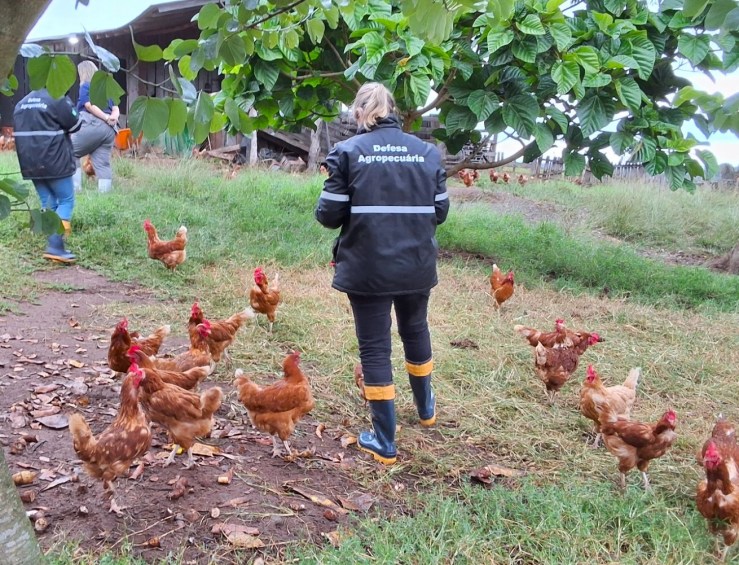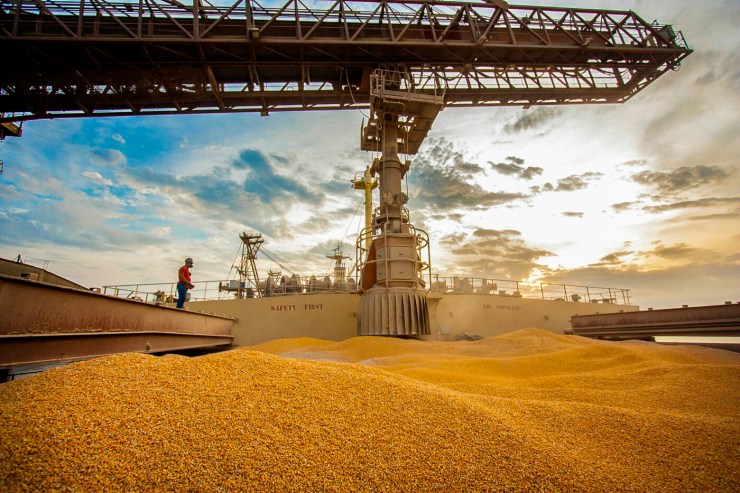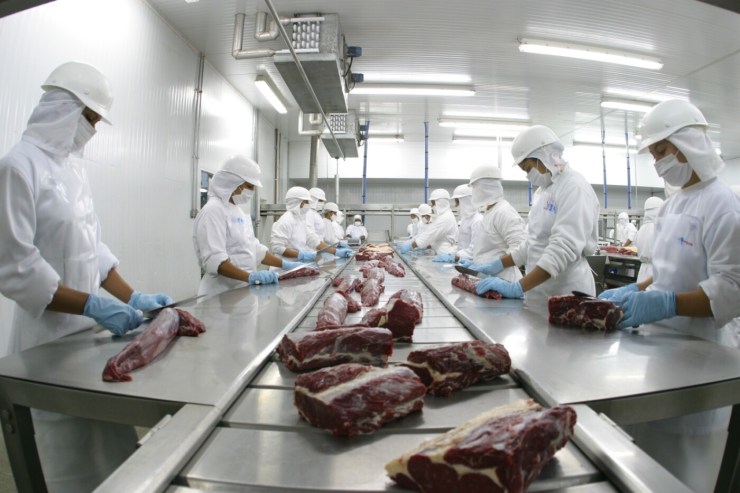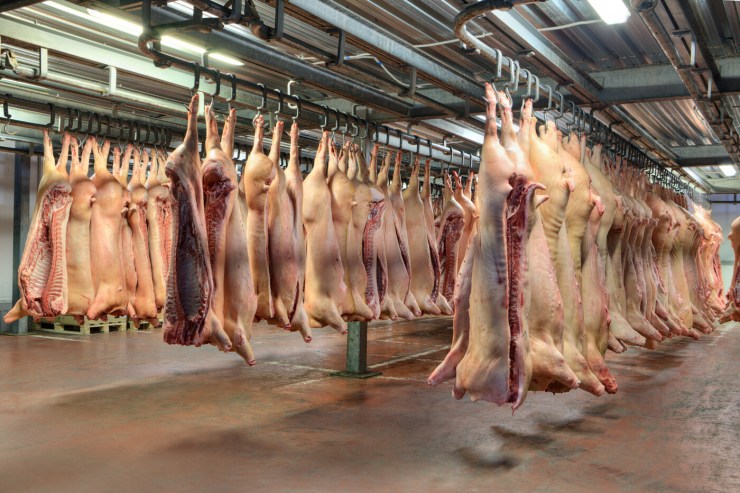Minas Gerais agribusiness exports have just recorded their best quarter in the historical series, which began in 1997. The sector has consolidated its position ahead of mining results with a share of 45.3% of the state's total exports, a figure that has grown since the last report, which recorded 43%. Revenue generated by the sale of agricultural products reached US$$ 4.5 billion, with a volume of 3 million tons. The highlight of this survey, however, is the growth of more than 260% in egg exports, driven by the outbreak of avian influenza that swept the United States.

Photo: Claudio Neves
March also proved to be the best single-month performance in the entire historical series. Compared to the same period last year, there was a growth of 26% in revenue from January to March, although the volume registered a reduction of 14.2%. The survey also indicated an appreciation in the average price of agricultural commodities per ton of approximately 47%. Products exported by other segments of the Minas Gerais economy appreciated, on average, only around 13%.
Coffee continues to be the state's main export product. There were US$1.5 billion in revenue for 7.8 million bags sold. Compared to the first quarter of 2024, these values represented increases of US$771.4 billion in value and 31.4 billion in volume. The commodity was responsible for US$641.4 billion of the total revenue of Minas Gerais' agribusiness, reinforcing its importance in the state's economic scenario.
The state remains the third largest exporter of agricultural products in Brazil, behind only Mato Grosso and São Paulo. Minas Gerais production reached 150 international destinations this quarter. Among them, the highlights are China (19%), the United States (13%), Germany (10%), Italy (5%) and Japan (5%).
International scenario
The new product is eggs. The product has seen a notable increase in sales, mainly to Chile and the United States, a country that is expected to maintain high demand due to problems with avian influenza. Sales grew by 2,66% in value, reaching US$1.5T 4 million, and by 1,53% in volume, totaling 2,000 tons and marking its upward trajectory in the international market. For comparison purposes, from January to March of last year, there was approximately US$1.5T 1 million in revenue, for 809 tons of eggs exported.
According to Thales Fernandes, Secretary of Agriculture, Livestock and Supply of Minas Gerais, the international situation has been favoring Minas Gerais exports. “The differentiated health status of our products, combined with competitive prices, has been decisive for this performance. In addition, eggs have been consolidating themselves as an affordable protein alternative in a global scenario of inflationary pressure on basic foods,” he analyzed. The secretary also believes that, with the trade conflict between the US and China, Brazilian agriculture will be a strategic option for China to purchase soybeans and meat. “The challenge is to balance opportunities with reducing trade dependence,” commented Thales.
More highlights
 Meat continues to have a significant share in Minas Gerais' sales abroad. The segment recorded an increase of 23% in revenue, which means US$$ 385.4 million and 115 thousand tons shipped abroad, a significant recovery in sales of all proteins. Beef obtained revenue of US$$ 269 million and volume of 57 thousand tons, with increases of 19% and 8% in revenue and volume, respectively, driven by the increase in sales to the United States of 148%.
Meat continues to have a significant share in Minas Gerais' sales abroad. The segment recorded an increase of 23% in revenue, which means US$$ 385.4 million and 115 thousand tons shipped abroad, a significant recovery in sales of all proteins. Beef obtained revenue of US$$ 269 million and volume of 57 thousand tons, with increases of 19% and 8% in revenue and volume, respectively, driven by the increase in sales to the United States of 148%.
Minas Gerais also recorded growth in chicken meat exports, driven by increased demand from major purchasing countries. Revenue totaled US$15T 94.8 million, with a volume of 49 thousand tons. Pork sales totaled US$18 million, with a volume of 8 thousand tons.
Challenges

Photo: Claudio Neves
The survey also shows that the sugar and ethanol complex faced a challenging quarter, with declines of 50% in value and 46% in volume, compared to US$ 255 million in revenue. The decline is largely due to the drop in international sugar and ethanol prices.
Another decline in the quarter was in the soybean complex, which consists of grains, meal and oil. The segment reported revenue of US$$546 million and volume of 1.4 million tons, meaning drops of 18.3% in value and 8.8% in volume. However, there are signs of recovery: March showed a significant improvement in shipments, driven by the arrival of the new harvest and strong demand from Asian partners.
The forestry products group, represented by pulp, paper and wood, recorded revenue of US$1.5T 243 million, down 151.4T. All products suffered declines in value, volume and prices, reflecting the slowdown in large importing economies and problems with maritime freight, which still impact global logistics.





